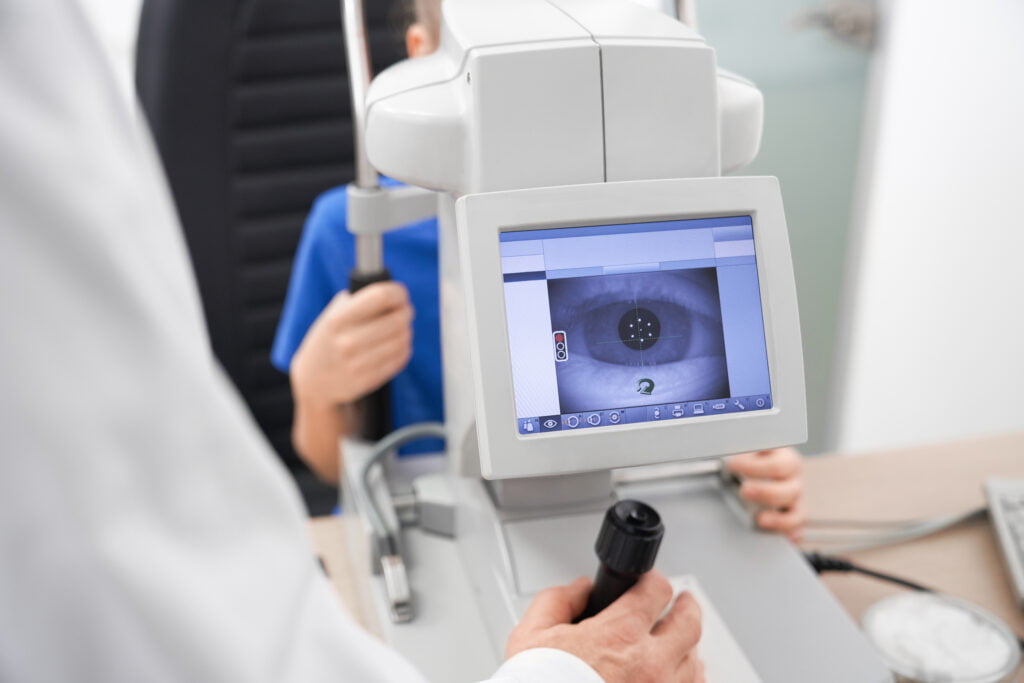Treatment Modalities
Treatment options for eye cancer may include surgery, radiation therapy, chemotherapy, and targeted therapies. The choice of treatment depends on the type, stage, and location of the cancer.
Coping With Treatment
Coping with eye cancer treatment involves emotional support, lifestyle adjustments, and maintaining open communication with healthcare providers. Support groups and counseling can also aid in the coping process.








